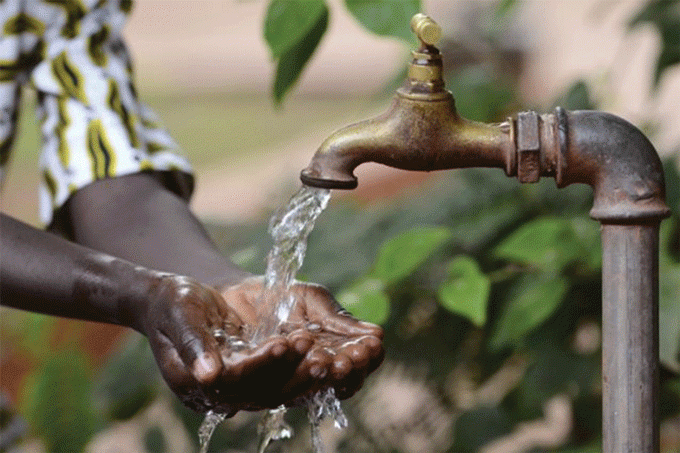
YESTERDAY’S NewsDay edition carried a story on the water situation in Gwanda where the local authority there has decided to resort to crude methods to get residents to pay for the water they are using.
Gwanda municipality has threatened to cut off water supplies to all those who are defaulting on paying their water bills.
The residents owe more that ZWL$5 billion, which has resulted in the Matabeleland South capital owing ZWL$1,3 billion to the Zimbabwe National Water Authority (Zinwa) which supplies the local authority with raw water which the municipality purifies at a cost before pumping it to their residents.
And after attempting to at least lessen the burden of paying huge bills which residents had deemed incorrect, Gwanda municipality even reduced the fixed water charges to US$2,80 from US$10. Mayor Thulani Moyo says residents “still want free supply which we cannot afford, it’s unworkable”.
Government departments and top officials seem to have planted this bad seed in urban communities having been in the past accused of being the worst culprits in defaulting payments for supplied water.
The culture of not paying bills appears to becoming endemic in Zimbabwe. We believe all urban councils should seriously consider introducing the prepaid water meters which should help solve this headache. The last time the water meter issue was talked about, there was an outcry, but it is now becoming clear that residents just wanted free services.
While everyone has the right to access water, it is a fact that this commodity does not come cheap in urban areas where it is supplied at costs which consumers should be prepared to also meet to remain assured of receiving it.
A typical example is the Gwanda crisis where residents owe ZWL$5,1 billion, enough to extinguish the local authority’s ZWL$1,3 billion debt to Zinwa.
- Water shortages hit Gutu-Mpandawana
- Feature: Model shift: Climate change forces Zim to finally take up irrigation
- Power cuts hit Karoi water supplies
- Fire destroys city flats
Keep Reading
Water is life, so goes the age-old sage counsel. It is increasingly becoming such as critical commodity that fears abound that the next major global war would be over water, which means we should not take its availability for granted and at least pay for its supply to homes and businesses.
Because in Zimbabwe we are still able to find enough of this precious liquid, we should be prepared to meet the cost of it being delivered into our homes. Residents, especially in urban areas, must pay for their water if they hope to continue getting the precious liquid.
In urban areas, the right to access water argument falls short when hefty costs are involved in purifying and transporting the commodity to consumers and it is in the consumers’ best interests to pay their dues, failure of which the service will cease to exist. Residents risk paying through their noses for water supplies from private suppliers who will charge an arm and leg for the commodity.






